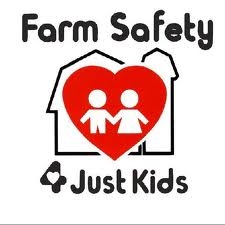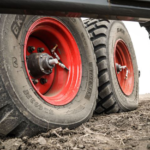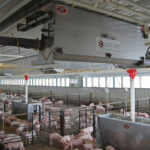Protect Your Farm From Fire
Believe it or not, but winter is a very common season for fires due to the use of additional heat sources. Fire can be particularly destructive on the farm. From property to lives, take a few steps to prevent it...
Protect Your Farm From Fire
Believe it or not, but winter is a very common season for fires due to the use of additional heat sources. Fire can be particularly destructive on the farm. From property to lives, take a few steps to prevent it...Believe it or not, but winter is a very common season for fires due to the use of additional heat sources. Fire can be particularly destructive on the farm. From property to lives, take a few steps to prevent it from happening to you.
Children, especially age 5 and under, are at the greatest risk of home fire-related death and injury. Young children don’t know what to do and are likely to panic in a fire. They may hide in a closet or behind a bed instead of escaping. Practice fire drills at home once a year. Show your children all of the safe ways to escape a fire from every room of the house and every building on the farm. Designate a meeting place outside and make it part of the drill. One way to prevent fires in the house is to install smoke detectors. There should be a smoke detector on every level and outside bedrooms.
Fire extinguishers are essential items on the farm in case a fire breaks out. Besides the house, keep fire extinguishers in barns, other farm buildings, and machinery including tractors and combines. The local fire department is a terrific resource as well. Ask them to help you start the process of protecting your farm from fire. Both you and the fire department will be better prepared if a fire should occur.
And follow these fire safety precautions on the farm:
- Test smoke detectors once a month and replace the batteries twice a year (when you change your clocks for daylight savings).
- Replace smoke detectors that are ten years of age or older.
- Place proper fire extinguishers in strategic locations, making sure they are accessible.
- Get training on how to use fire extinguishers.
- Plan your escape routes.
- Designate one place outside where family members should meet in case of fire.
- Keep matches away from children.
- Don’t enter a confined livestock area or housing structure if it catches on fire.
- Install lightning rods.
- Store gasoline and other flammable fuels in proper containers in a cool place.
- Turn off engines when refueling machines.




